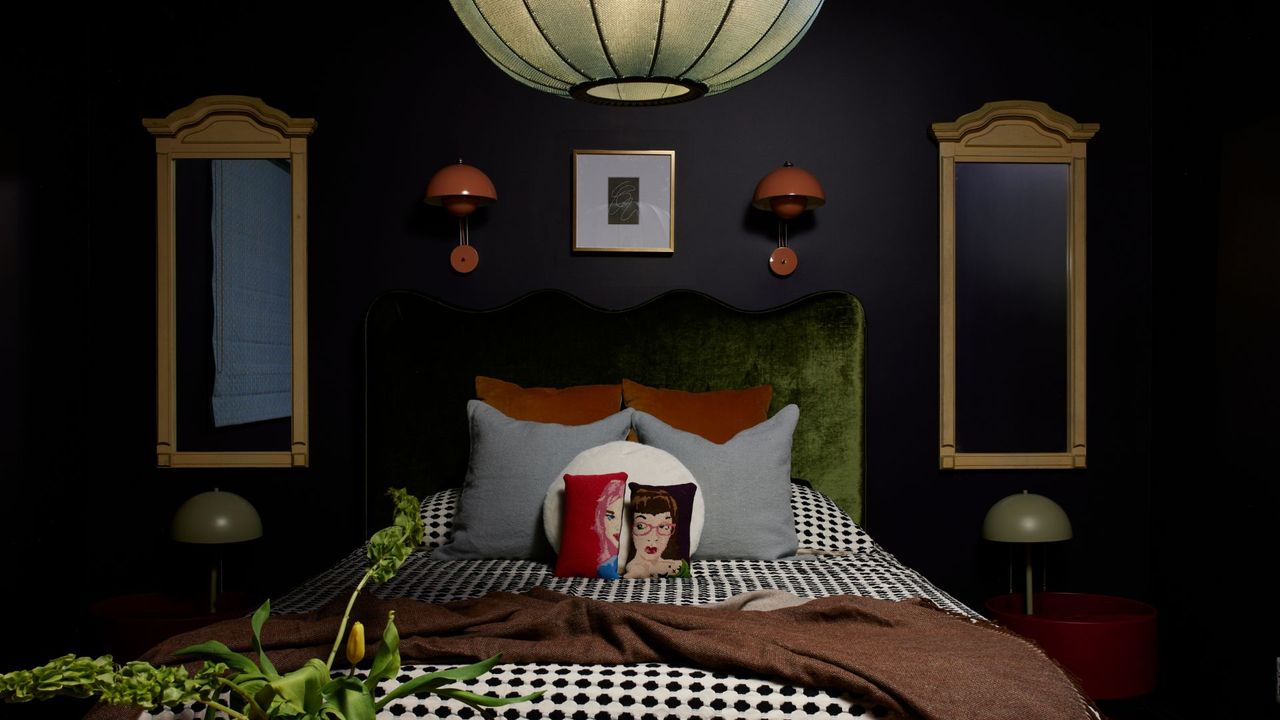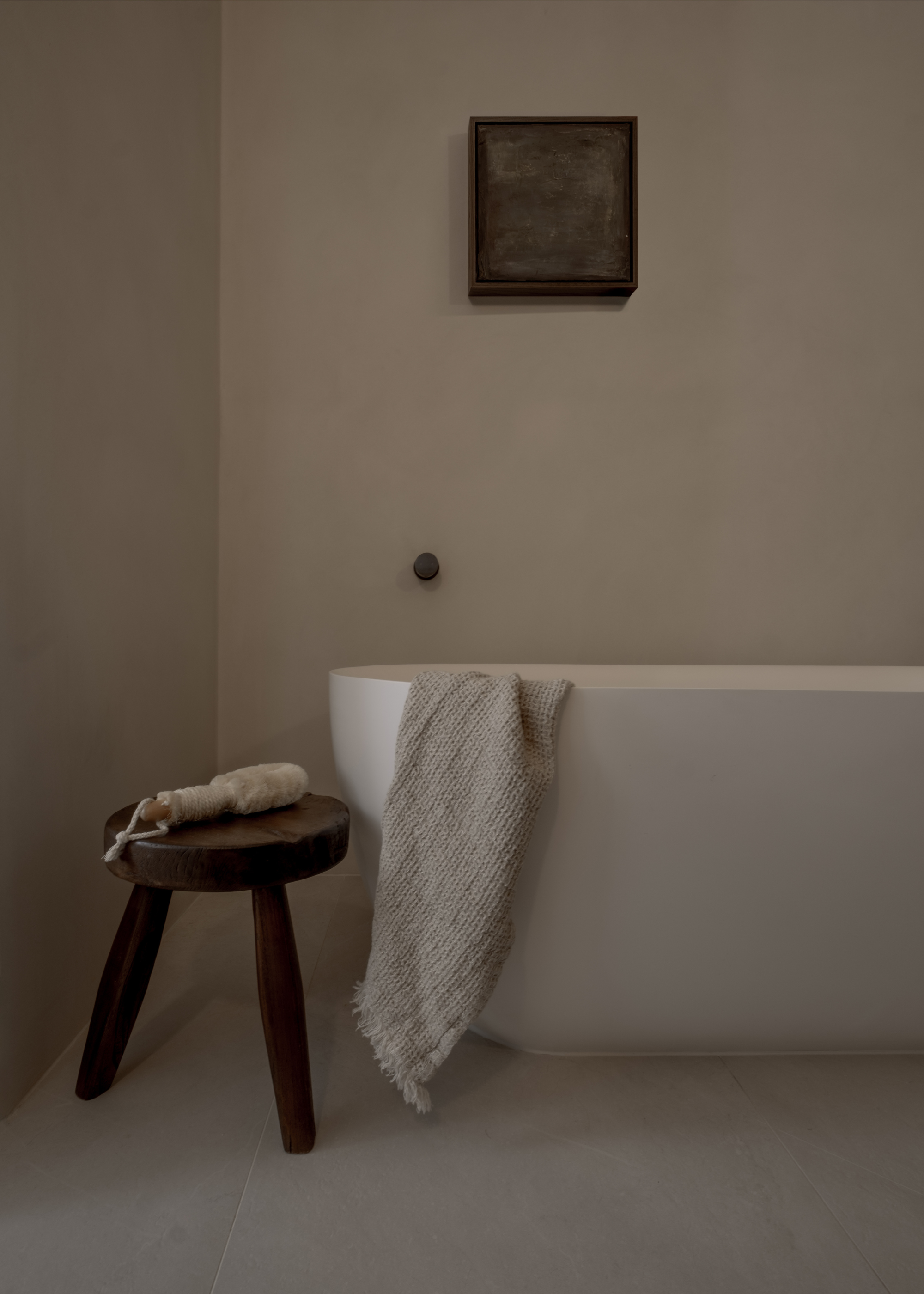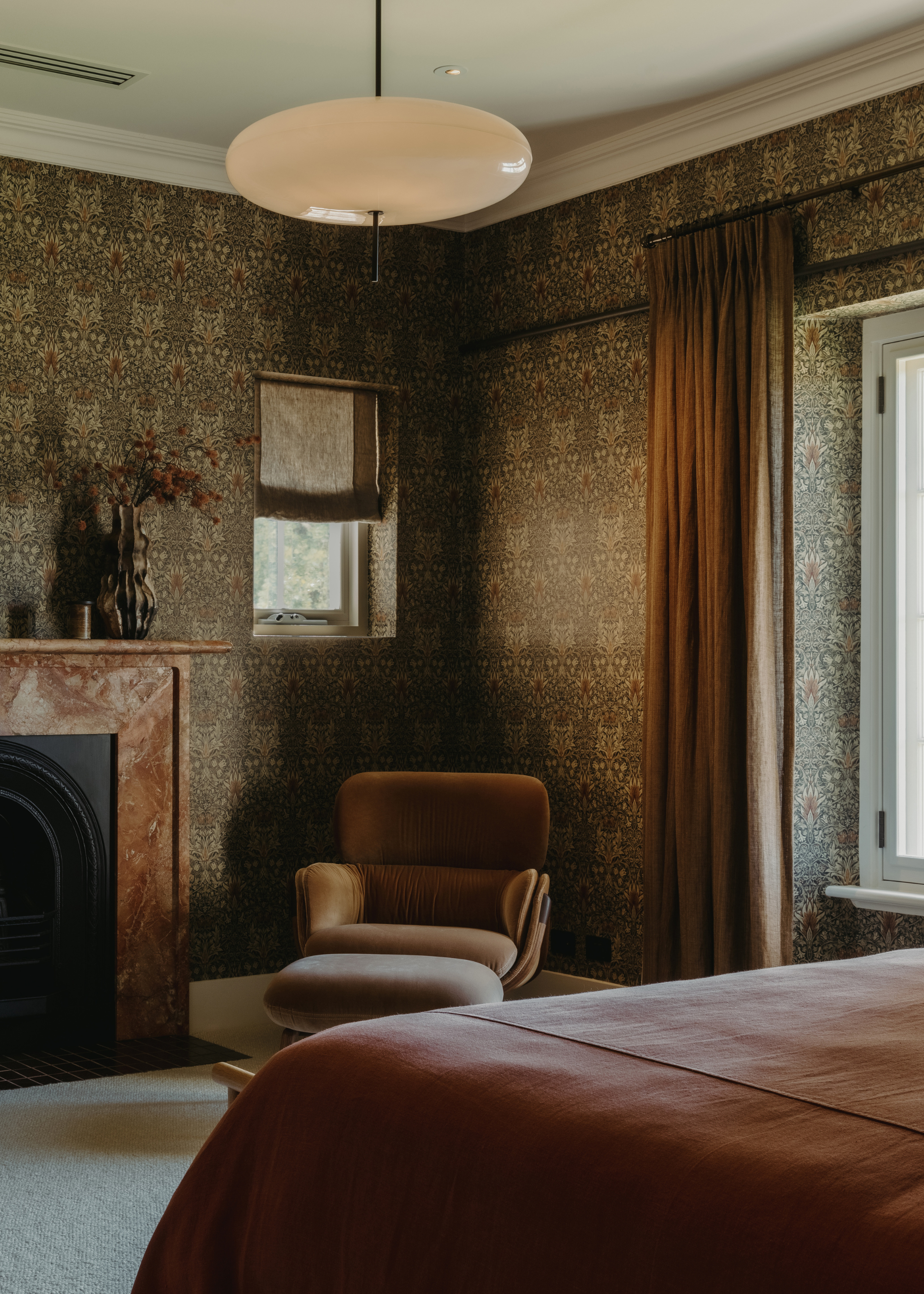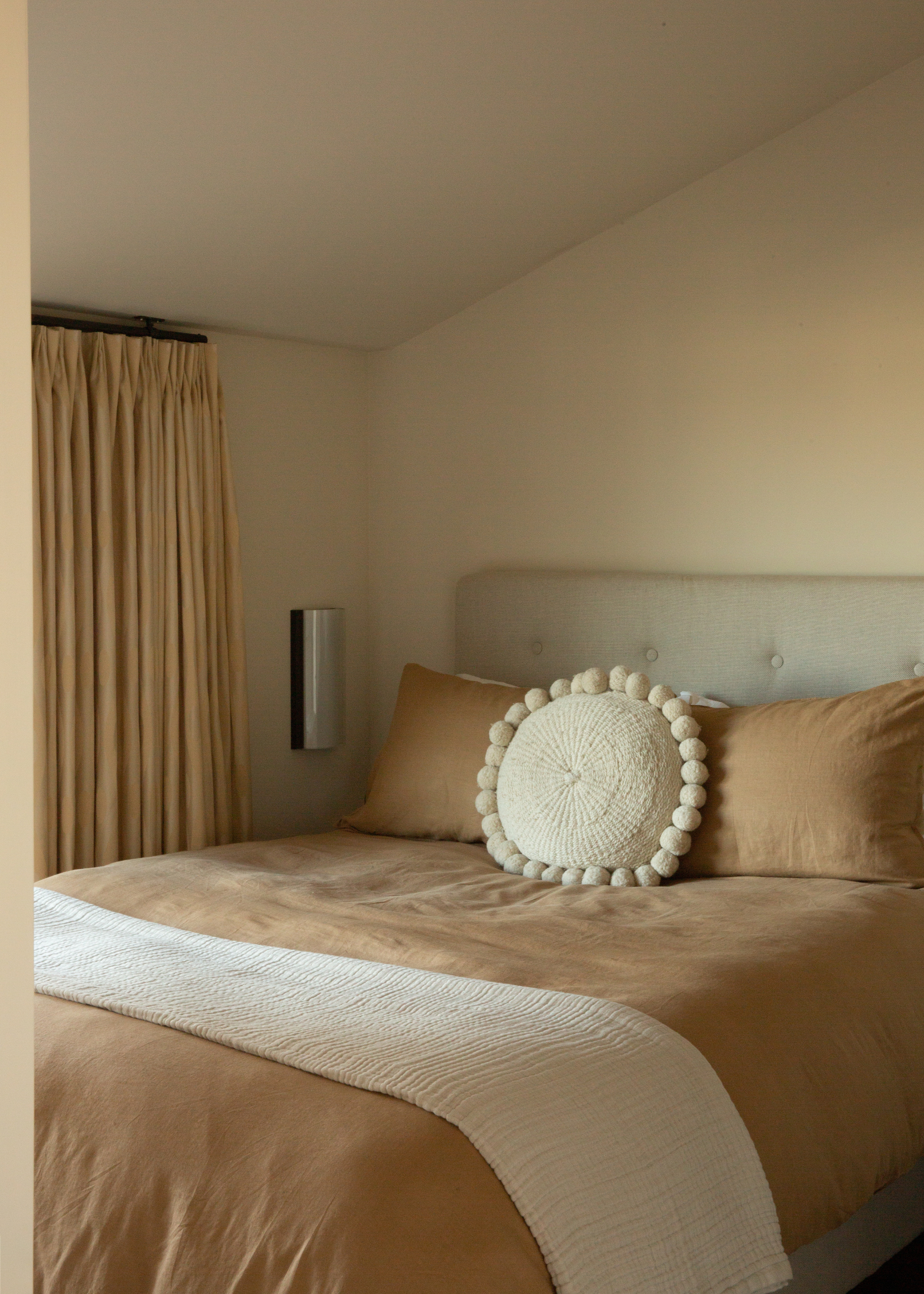
I love taking some time to unwind before I go to bed. And, in fact, I have gotten so attached to my wind-down routine that I carry everything I need to properly relax before sleep, even when I'm away from my own bedroom.
Not only does it play a key role in learning how to sleep better, but the indulgent side of your wind down routine can also make you feel completely at peace and totally content.
Instead of going to sleep in the same busy state of mind that you have been in all day, you need to carve out some time to prepare your body for rest. Here is my go-to routine for winding down before bed, as recommended by sleep experts.
1. Schedule a 'Power Down' Hour

First things first, you need to plan a power-down hour. Dr. Michael Breus, founder of Sleep Doctor, tells me that this is where you take the first hour before lights out and chop it up into three 20-minute segments.
"The first 20 minutes are for tackling things you've to do that might otherwise stress you out while you're lying in bed. Then, the second 20 minutes caters to hygiene, like a hot shower before bed. And the final 20 minutes are for some form of meditation, relaxation, or prayer," he says.
Just as you would when you're resetting your home, you need to have a plan in place to get through your wind-down routine without skipping out on any of the steps that help you feel ready for rest. This is where the idea of a power-down hour comes to your rescue.
Color: Olive + Beige
This 'Centre Your Focus' Softback Spiral Productivity Planner from Papier can help you plan your week for productive days and relaxing nights.
2. Disconnect From Screens

"The easiest trick in the book to wind down is to lower the brightness on lamps and devices to send a message to your mind that you're in the lead up to sleep. This helps melatonin (the sleep hormone) rise naturally," says sleep expert Dr. Leah Kaylor.
"But the best thing to do is disconnect from screens altogether. Put away phones, laptops, and TVs at least 30 to 60 minutes before bed. This is important since the blue light and mental stimulation delay sleep."
As someone who often craves a quick social scroll before sleep, I have recently introduced an unplugged tray in my room to help me cut screens out of my pre-sleep routine. And, trust me, it's one of the best things to have in your bedroom for a calm space.
Color: Light
If you're going to keep an unplugged tray in your bedroom, you might as well keep it cute with this Ray Serving Tray from Design Letters.
3. Treat Yourself to a Self Care Ritual

One of the best ways to romanticize your bedtime routine is to treat yourself to some self-care. "Take a warm shower, do your skincare, or sip a non-caffeinated tea to signal your body it’s time to rest," says Leah.
Recently, my favorite forms of pre-sleep self-care have been dark showering and followed by a sleepy girl mocktail to cap off my day. Plus, some of the best bedroom fragrances perfuming my bedroom into a sleep sanctuary.
Size: 50 ml
This MAULI Sleep Dharma Pillow Mist features a beautiful cocktail of bergamot, chamomile, vetiver, lavender, sweet almond, geranium, marjoram, and clary sage essential oils.
4. Make Time for a Mindful Activity

"I find that making time for some mindful activity is an important part of winding down before bed," says Leah. "Read a calming book, practice deep breathing, or journal to quiet the mind."
Ever since I started using the 10-3-2-1-0 rule for sleep to guide me into my rest, I have swapped my screens for a couple of pages a day. And while I love thumbing through an exciting novel, I have learnt from the experts that the media you consume right before you shut your eyes should be positive and calming.
So, I make time for some fun reads during the day and leave my bedtime for self-help books instead. Currently, I'm revisiting Ikigai: The Japanese Secret to a Long and Happy Life.
Format: Paperback
Also on my bedside table is the popular Atomic Habits by James Clear, and so far, it seems to be a brilliant read for winding down.
5. Gently Relax Your Body

Among the main reasons you could face trouble sleeping through the night is feelings of stress and anxiety. And while seeking help from a professional therapist is the best way to hush your nerves, there are some things you can do during your wind down routine to relax your mind.
Leah recommends gentle movement to help transition your body from active daytime mode to restful bedtime energy. "You can try light stretching or even some yoga to release physical tension before you sleep," she advises.
Lately, I have found that some guided meditation is another way to practice gratitude and go to bed with a happy mind. And one of my favorite ways to set the mood is to light a couple of scented candles with soft fragrances for a soothing ambiance.
Burn Time: 10 Hours
I love this Cypress Balls Scented Candle from Loewe for its mild fragrance. And it helps that it's dipped in one of the best colors for sleep.
FAQs
Why Is it Important to Wind Down?
Michael explains that good sleep regulates mood, consolidates memories, and supports everything from reaction speed to decision-making to performance. "When we struggle to fall asleep or spend the night tossing and turning, we cut into the very stages of sleep that are critical for physical repair and emotional well-being," he says.
"If we fail to achieve good sleep health, over time, this increases our risk of chronic health problems, weakens resilience to stress, and makes it harder to think clearly and perform on all cylinders."
Hence, he explains that the activities you choose before bed can significantly impact how smoothly you transition into sleep. So in place of stimulating tasks, he recommends winding down with calming, predictable activities to help lower both cognitive and physical hyperness.
How Long Should Your Wind Down Be Before Bedtime?
Michael says that you should wind down around 30 to 60 minutes before your natural time to fall asleep. "That window allows the body to cool and the mind to slow down," he says.
"But if you’re short on time, even a brief ritual can make a difference. And what matters most is consistency. If you need to discover your natural time to fall asleep, apps like Sleep Cycle can assist if you don’t wish to log it with pen and paper."
Another element of rest that is often overlooked is sleep hygiene. You can do everything to unwind, but if the conditions of your bedroom are unfavorable, you're setting yourself up for poor rest.







